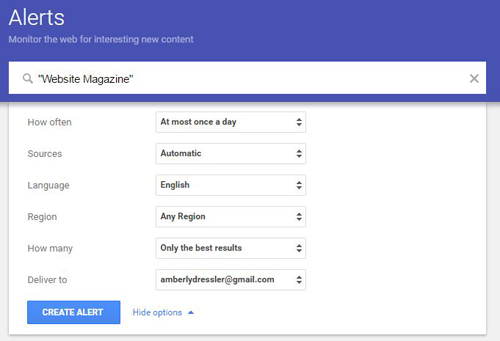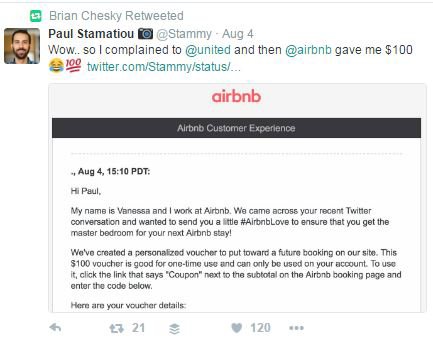5 Tips for Dealing With Negative Customers on Social Media

For all of the great things social media does for businesses, it's not always an ideal marketing tool. Any time you give customers a platform for discussing your brand, there's some inherent risk associated with it. Some of this risk involves the publishing of negative backlash, bad reviews and damaging comments - all available for anyone with an Internet connection to see.
While you can't totally avoid negative comments on social media, you can do your best to establish a strong foundation and plan for responding in a professional and responsible manner that ultimately reflects well on your brand. Here are a few helpful tips and techniques:
1. Don't Take Everything Seriously
It's important to take a step back and recognize that some negative comments are simply a byproduct of the world in which we live. Many of today's customers have grown up in an online world that's characterized by cyberbullying. They feel safe behind a cloak of anonymity and don't often think about the far-reaching effects of what they say and do. This has produced a "troll" mentality in which people will purposefully and maliciously attack other individuals - and companies - online for the purpose of getting a rise out of them.
As a business, you have to be aware of trolling and avoid letting people get under your skin for no reason. There are times when it's best to just let things go and ignore isolated negative comments that have no basis in reality.
2. Start Listening
It's impossible to know if people are saying negative things about your brand if you aren't able to see or hear the comments and reviews. Set up Google Alerts - as well as social media monitoring tools - that notify you when your brand has been mentioned in online conversations. This lets you see what's happening and gives you a chance to respond or defend yourself, should it become necessary.

3. Don't Be Defensive
When you're facing a negative comment - particularly one that you don't feel like is accurate - it's easy to get defensive. You have to remember that anything you say or post is visible to everyone, though. You can't afford to get defensive and go after the customers. This will either make you look like a bully or a sore loser - neither of which are healthy for your brand image.
4. Acknowledge Genuine Mistakes
It's entirely possible that the negative comments your brand receives on social media are justified and true. In this case, you need to work quickly to provide an apology to the affected customers and make a promise to do better in the future. Social listening should have a primary role within an organization. While the social media manager will monitor the feeds daily, stakeholders should keep an ear to the digital ground to identify any positive or negative sentiment/comments online that a social media tool may miss.
Clearly Airbnb's CEO and Co-Founder Brian Chesky is listening to company mentions:

5. Take Things Offline
While it's a good idea to resolve issues online in a visible manner, there are times when it's more appropriate to continue the conversation offline. For example, if a customer is making a claim that you didn't follow through on a particular service or product, you may need to ask for verification before refunding them their money. Instead of involving thousands of followers in the process, move the conversation to a more private, secure place. For example, brands can offer to call a customer, or request they direct message them with more details.
Handle Negative Backlash With Grace
It's hard to watch people talk negatively about your brand, but you can't ignore it when it comes to something as visible as social media. Even if you've never dealt with negativity in the past, it's important that you develop a strategy now and take a proactive stance against this issue.
Larry Alton is a professional blogger, writer and researcher who contributes to a number of reputable online media outlets and news sources. In addition to journalism, technical writing and in-depth research, he's also active in his community and spends weekends volunteering with a local non-profit literacy organization and rock climbing. Follow him on Twitter and LinkedIn.

Subscribe to Our Newsletter!
Latest in Social Media










